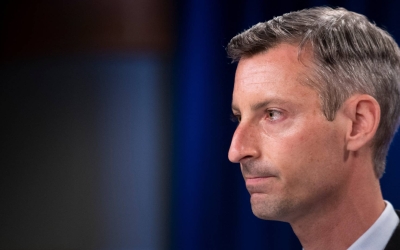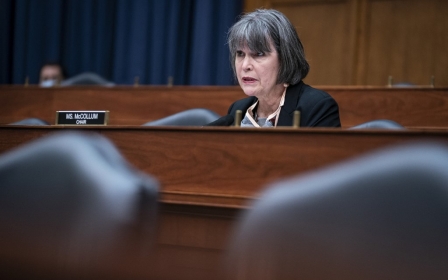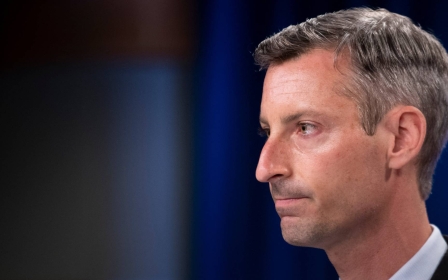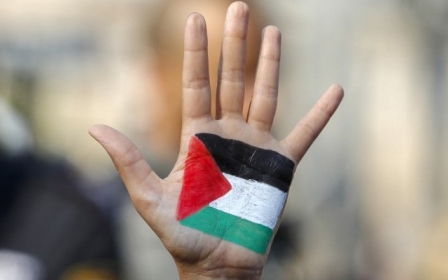Israel justifies ban on Palestinian rights groups with testimony of unrelated group
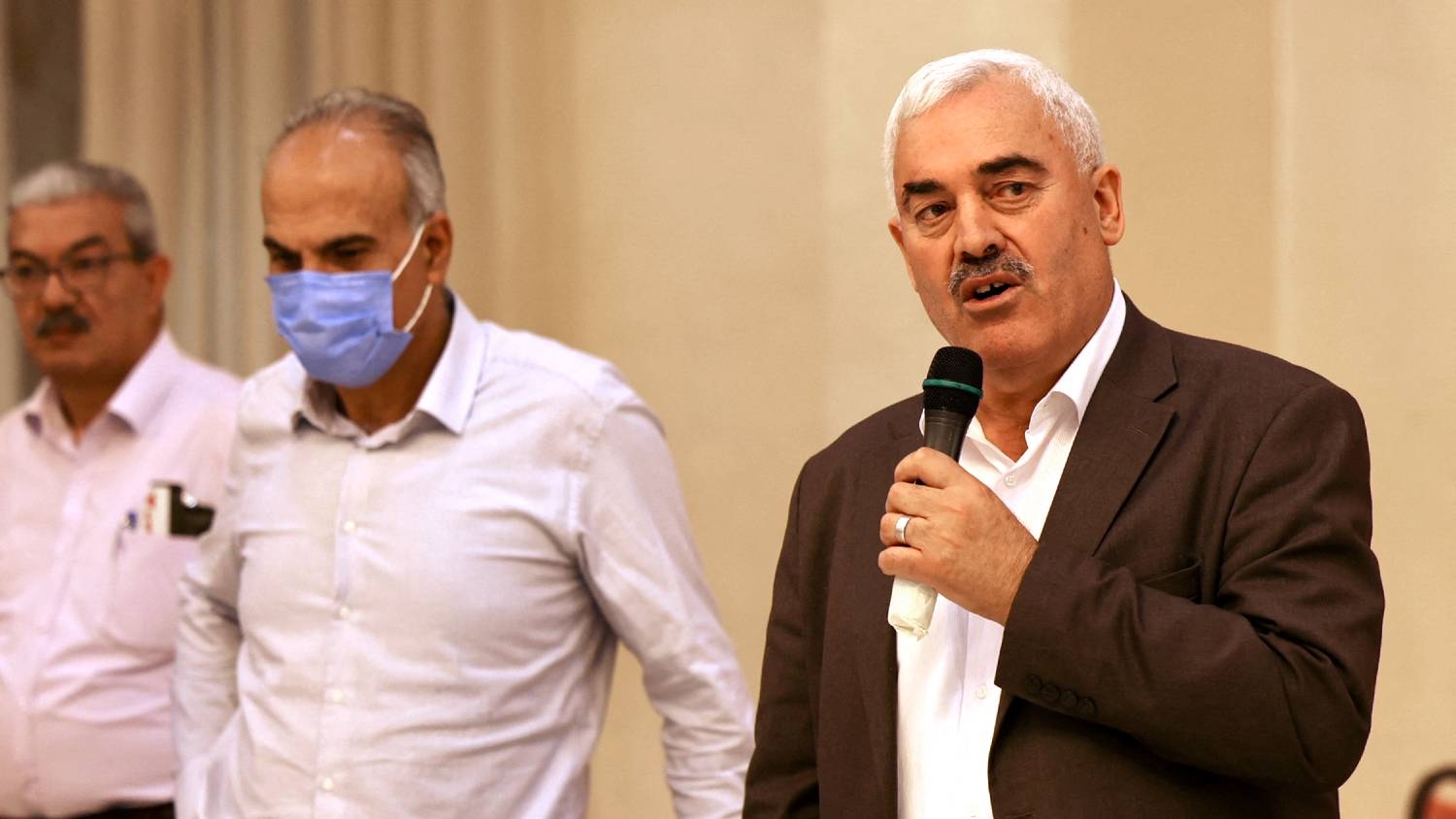
A lengthy secret dossier submitted to the US Congress by Israel's internal intelligence agency, Shin Bet, cited an unrelated organisation to prove that six Palestinian civil society groups are in fact "terrorist" operations.
The 74-page dossier was part of an Israeli effort to convince US officials that defence minister Benny Gantz's October decision to designate the six Palestinian NGOs as "terrorist organisations" was a sound one.
But the key testimony against the six groups came from interrogations of two people who had been fired from their jobs working for a different, unrelated organisation.
Gantz's office said in October that the groups were "part of a network of organisations operating undercover in the international arena" on behalf of the Popular Front for the Liberation of Palestine (PFLP), a Marxist-Leninist Palestinian resistance group.
The six include prominent advocacy groups Addameer, which supports Palestinian political prisoners, and Al-Haq, a human rights organisation that works with the United Nations. Also listed are the Union of Agricultural Work Committees, the Bisan Centre for Research and Development, the Union of Palestinian Women's Committees and Defence for Children International - Palestine.
However, a group of progressive US lawmakers have condemned Israel's recent decision. US State Department spokesperson Ned Price told reporters that the Israeli government failed to warn the Biden administration of the move before it was announced.
According to Haartez, Israel has presented the dossier, which was put together by the Shin Bet, to European officials in May to persuade them to cut funds for the Palestinian civil society organisations, but EU officials were not convinced.
No concrete proof
The dossier was based on interrogations of two employees of the Health Work Committees (HWC), a Palestinian NGO that Israel shut down on the grounds that it had alleged links to the PFLP.
The two accounts were extracted under duress during a lengthy interrogation in which the HWC employees were sometimes banned from seeing their lawyers. The two employees were sacked in 2019 following accusations of misappropriating the organisation's funds.
The Shin Bet's dossier quotes one of them linking PFLP to Addameer, Al-Haq, the Union of Agricultural Work Committees, the Bisan Centre for Research and Development, the Union of Palestinian Women's Committees and Defence for Children International - Palestine.
"The institutions belonging to the Popular Front are related to one another and are the organisations' lifeblood economically and organisationally. In other words, laundering money and funding the operations of the Popular Front," Hareetz reported, citing the dossier.
Some Israeli analysts concluded the Shin Bet's dossier does not offer concrete proof that the six civil society organisations were used as a front for the PFLP, which was listed as a Foreign Terrorist Organisation in 1997 by the US State Department.
'This attack is not new'
Al-Haq, an organisation documenting rights violations since 1979, has denied the accusations and appealed for "international solidarity".
"It is no coincidence that Israel's recent escalation of punitive measures against Al-Haq and fellow civil society organisations has come in the immediate aftermath of the opening of an International Criminal Court investigation into Israel's crimes in the situation in Palestine," the group said in a statement.
Following the decision, representatives from 25 Israeli civil society groups travelled to Ramallah to show solidarity with their Palestinian colleagues.
Hagai El-Ad, the executive director of Israeli rights group B'Tselem, told AFP that "this attack on Palestinian civil society, on Palestinian organisations, is not new."
"What is new is that they're targeting some of the most respected and oldest civil society organisations in Palestine, like Al-Haq." El-Ad said that the growing international outrage means Israel may no longer be able to act with "impunity".
Middle East Eye delivers independent and unrivalled coverage and analysis of the Middle East, North Africa and beyond. To learn more about republishing this content and the associated fees, please fill out this form. More about MEE can be found here.



